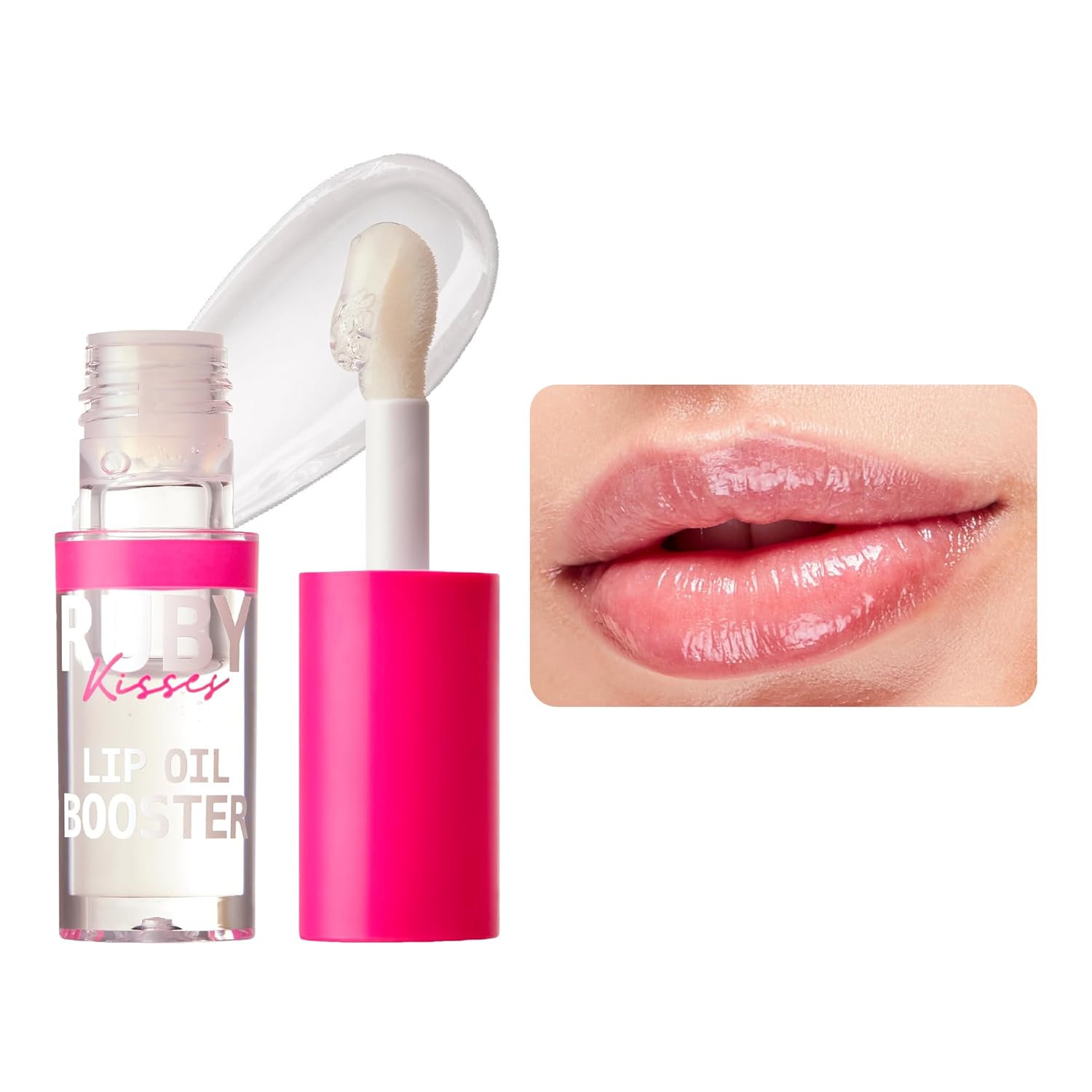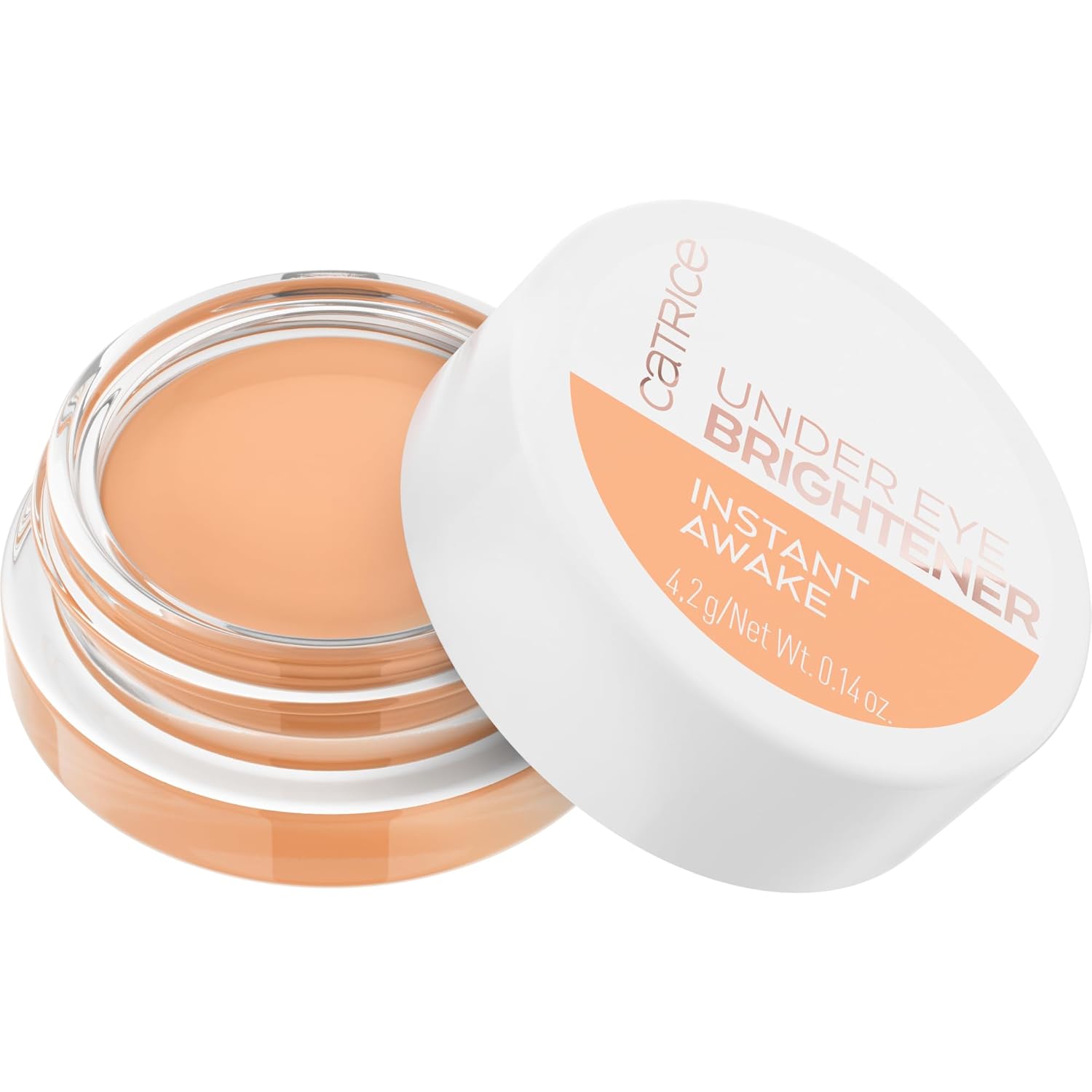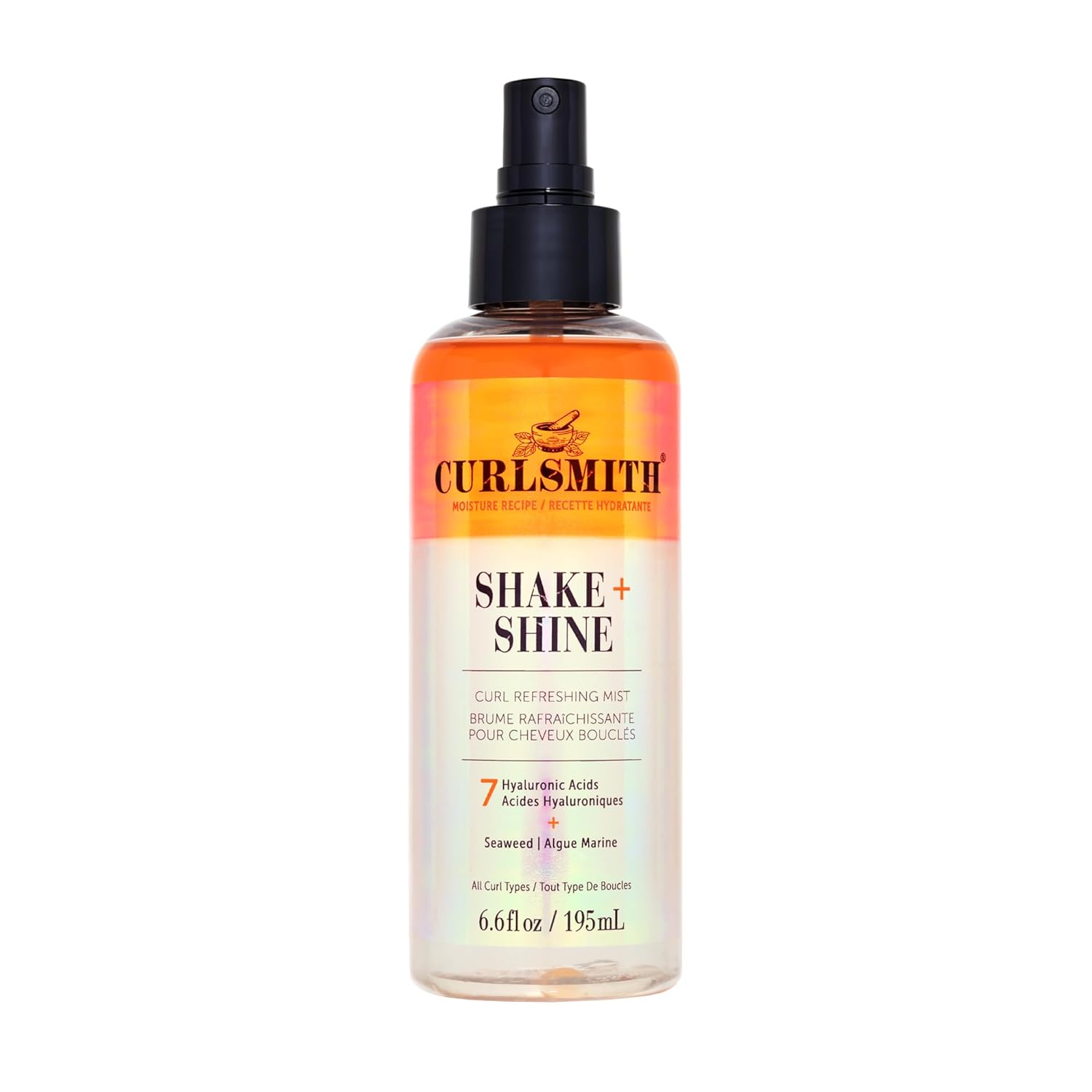
Hard water
It’s simple to combat the effects of hard water on the hair. You could invest in a water softening system, but it’s not necessary. Cosmetic chemists have already done a lot of the work by including certain ingredients in our shampoo to help maintain their effectiveness in removing dirt, oil, and buildup from the hair and scalp when using them with hard water. Check your ingredient list and if you see EDTA and citric acid, both of these ingredients help to combat the effects of hard water on the hair. EDTA is a chelating agent that neutralizes the metal ions in hard water, making it softer so that the surfactant can do its job and leave you with clean hair. Citric acid is a weak acid that is slightly acidic and used to balance the pH of the shampoo to about 5.5. The slightly acidic pH helps the scales of the cuticle lay flat, reducing the effects of the alkalinity of hard water that causes cuticle scales to lift.
A final ingredient that was included in shampoos but has recently been deemed “bad” for the hair is sodium laurel sulfate. This strong surfactant is formulated in shampoos because it could effectively clean the hair and assist with fighting against the residue that hard water can leave behind on hair strands. Now, cosmetic chemists have found alternatives to sodium laurel sulfate or masterfully blend it with other surfactants to create an effective shampoo.
Read more: The Truth About Sulfates, According to Science
Water washing method
Not everyone is using shampoo. Some people are using only water to cleanse their hair and scalp on a regular basis. This practice is referred to as the “water washing method.” Based on my research, a clarifying shampoo is recommended every 7-8 weeks unless your scalp produces excess sebum, the hair turns grey, the ends begin to break or you develop a flaky or itchy scalp. In the meantime promoters of this method recommend massaging the hair regularly, removing sebum from the scalp by “scritching” and manipulating the sebum down the hair shaft through a process called “preening.” The concept of water washing is to promote a more affordable way of maintaining clean healthy hair by using the scalp’s natural sebum to lubricate the hair. Although I understand the intentions behind promoting this method, I find that the name and some of the information used to support it is misleading. Water is not the only substance that is used with this method, and overall, the “water washing method” doesn’t appear to be new or inventive.
Clarifying shampoo
Clarifying shampoos are used every 7-8 weeks and oils and butters are encouraged for use on the ends of the hair if they become dry. I agree with the importance of using shampoo to remove the dirt and debris that naturally accumulate on the scalp daily and increases over time. The concept of washing the hair once every 4-8 weeks is very common in the African American community. This is a result of wearing long-term styles like braids and weaves, and because black women understand that their curl pattern makes it difficult for sebum to flow freely down their hair strands. Therefore, a regimen that involves infrequent washing and supplementing sebum with the use of natural oils and butters on the ends of the hair to prevent dryness and breakage is already a common cultural practice.







Additionally, water washing advises the use of warm water to melt sebum to make it easier to smooth down the hair strands. Sebum does not melt under warm water, as the temperature has to be at least 84 degrees for sebum to melt. These are just a couple of the discrepancies that I found in reviewing the method, but most importantly some individuals have underactive or overactive sebaceous glands that trigger scalp disorders in the form of seborrhea or seborrheic dermatitis. The flakes associated with these scalp disorders are often misidentified as dandruff. If this is the case, a clarifying shampoo will not suffice and a medicated shampoo is needed to manage and soothe the symptoms.
As always, I am a promoter of clean hair and scalp. Water is an important element in hair care and the maintenance of healthy hair. When choosing a hair care regimen remember everyone has a unique genetic makeup that determines different curl patterns, different textures and a different rate of hair growth. So keep it simple and if you need guidance, seek help from a hair care professional.
Read more: Why People are Replacing Shampoo with Water








